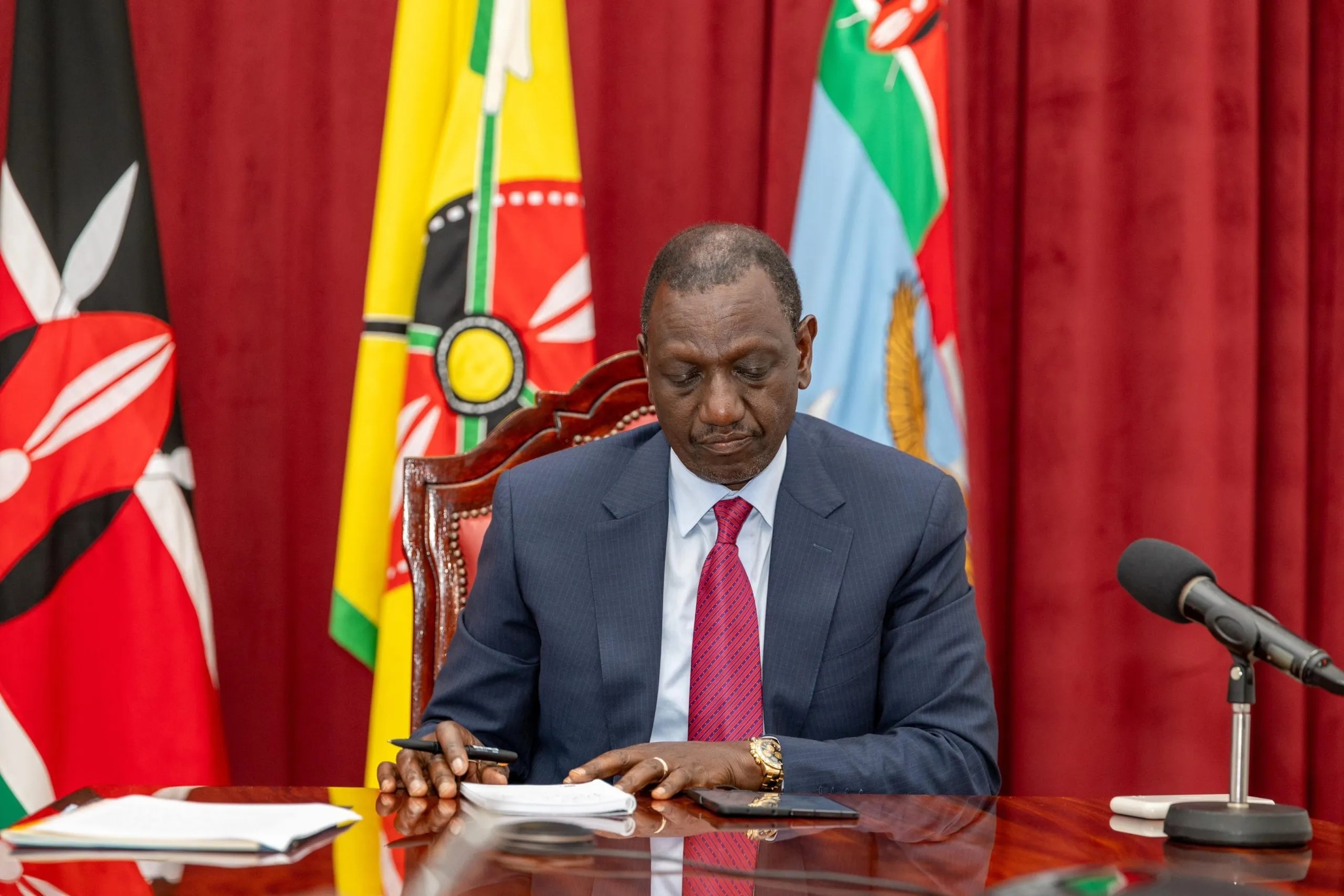When a vacation idea rings, it's time to go out, have fun and enjoy what nature has in store.
Vacations will always come in handy after a stressful semester, busy months at work, a win you have made generally to relax and not think of work.
People tend to enjoy these mind-blowing moments with their spouses, family, colleagues, or friends.
Planning can be tiresome, especially for a large number of people. Those who have been lucky enough to go for one have expressed their frustrations while others had successful outcomes.
Others had an easy sail dealing with the big number while others went back either home, workspace, or with people, they went with on bad terms.
The question is how to plan for a group vacation and go back in one piece without that spark of hatred toward each other.
Consider who to invite
When planning a vacation it's important to consider people's attitudes, behaviors, and characters.
Joy Kanana who has planned a vacation before said that it is advisable to invite close friends whom you share common interests with to avoid fights and arguments.
"Consider close friends whom you take to go on a vacation with. This reduces the tendency to collide since these are people you're familiar with and used to," Kanana said.
Stick to a certain budget and plan in advance
Finances may bring a lot of disputes among the people who tend to travel.
These disputes over finances come in mostly when planning is done in a rush.
"Disagreements over money account for the greatest percentage of disputes while planning for group vacations," Kanana said.
"People often tend to disagree over costs when planning isn't done in good time. It is therefore important to give people a reasonable time frame to contribute."
To plan adequately for a vacation, you need to budget for transport costs, food, recreation, and accommodation fees among other things.
She further says that appointing a strict person in the group to manage finances goes a long way to minimise overspending and misappropriation.
Carefully pick a suitable destination
Choosing a destination that is to everyone's liking reduces the chances of serious disagreements among each other.
There are people who prefer outdoor places while others are indoors. Choose a neutral place.
"Some people prefer outdoor activities like swimming, horse riding, and adventure walks whereas others might prefer indoor activities like playing pool, chess, and other group games," Kanana said.
Create a flexible schedule plan beforehand
Engage group members in coming up with a schedule of activities to take while on vacation, which might be subject to change.
"Having a well-outlined schedule before the travel minimises time wastage since no time is spent deciding when to do what and how. Thus allowing the group to fully enjoy their stay," Kanana said.
"When a schedule is in place people have a mental picture and are therefore psychologically prepared for the vacation."
Discuss Expectations
It is important to have an open and honest conversation with all group members about their expectations for the vacation. Understand each person's preferences, interests, and goals for the trip.
Choose a Leader
Designating a group leader who will be responsible for coordinating and making decisions is important.
Respect Personal Space
It is good to recognise that everyone needs some downtime and personal space during the trip. Avoid overloading the itinerary and give individuals the freedom to explore on their own if desired.
Divide Responsibilities
Delegate specific tasks to different group members based on their strengths and interests. For instance, someone can handle booking accommodations, while another takes care of arranging transportation.
Communicate Clearly
Maintain clear and open communication throughout the planning process and the trip.
Ensure that everyone is aware of the schedule, any changes, and important details.
Address Conflicts Promptly
If any conflicts arise during the planning or the trip itself, address them promptly and respectfully. Encourage open communication and find solutions that work for everyone.


















